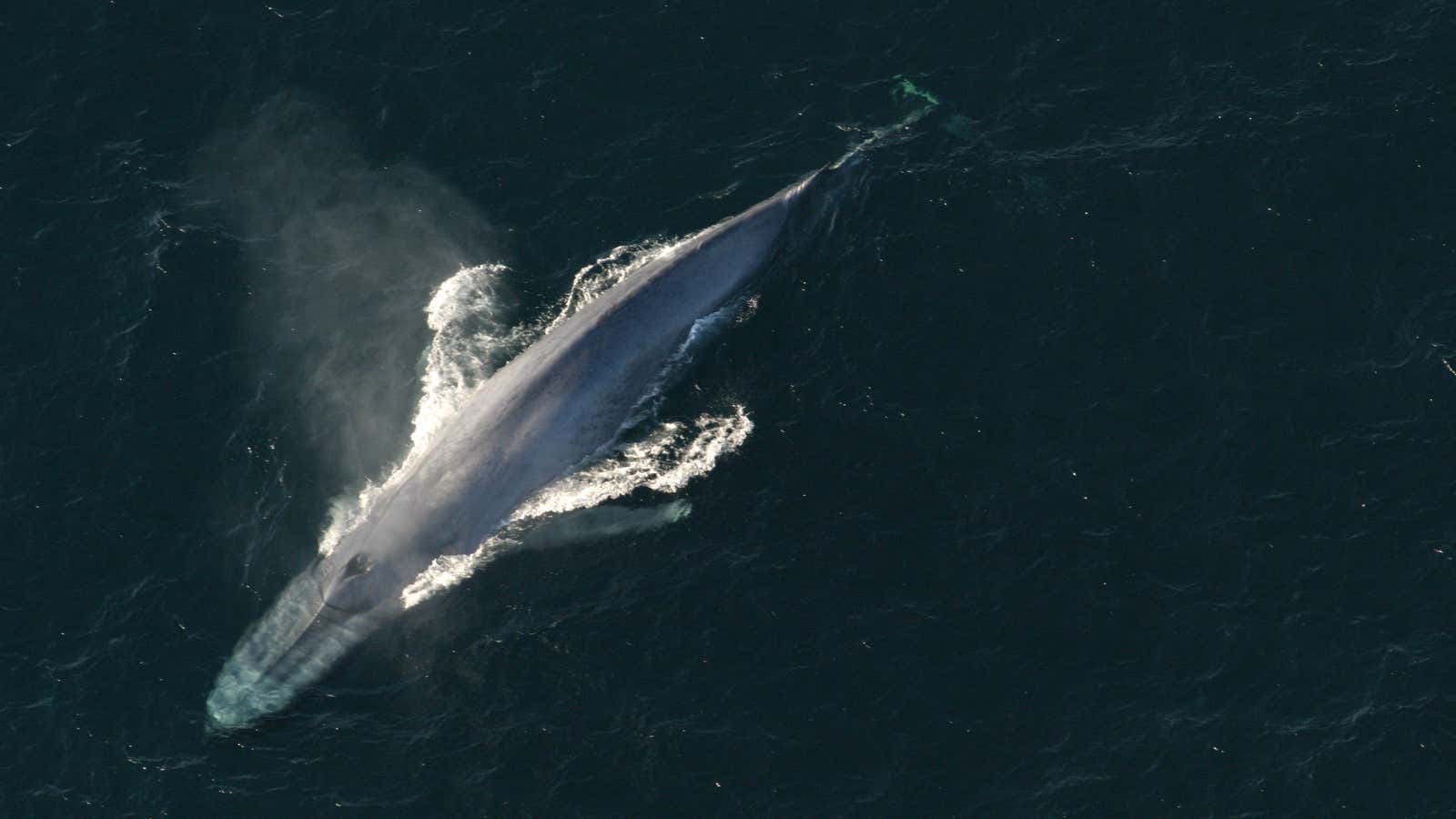Most animals, including humans, follow an important principle—they don’t poo where they eat.
As animals eat in one place and defecate in another, nutrients are transported and become less concentrated in one spot. A new study suggests that the loss of large animals—and the resulting large quantities of excrement they produce—could have a devastating impact on the planet.
A team of researchers, led by Chris Doughty from Oxford University, quantified this movement of nutrients by looking at data on existing and historic animal populations. They used mathematical models to estimate the flow of nutrients from one area to another, and the effect of declining animal populations on this movement.
The findings, detailed in the Proceedings of the National Academy of Sciences, suggest the world has become far less fertile as a result of the dramatic reduction of animal poo. Researchers found a 6% decrease of past values in the capacity to move nutrients from particular hotspots to other areas, which could impact agriculture and fisheries.
When they focused on phosphorus, a key nutrient for plant growth, the results were even more dire. Prior to commercial fishing, researchers estimated that marine mammals, in particular whales, moved 750 million pounds of phosphorus from the depths of the ocean to the surface. That figure now stands at 165 million pounds—a 77% drop.
Researchers also analyzed seabird and fish populations, such as salmon that feed in the sea and then defecate in rivers, and found this vital movement of nutrients was down by an estimated 96%.
It’s only now, when a large number of animals have been drastically reduced, that researchers are beginning to grasp the important role that animals play in the transport of nutrients. A role that is fast diminishing. Researchers warn accessible phosphate supplies could run out in 50 years, but suggest this trend can be reversed through the conservation of large animals.
